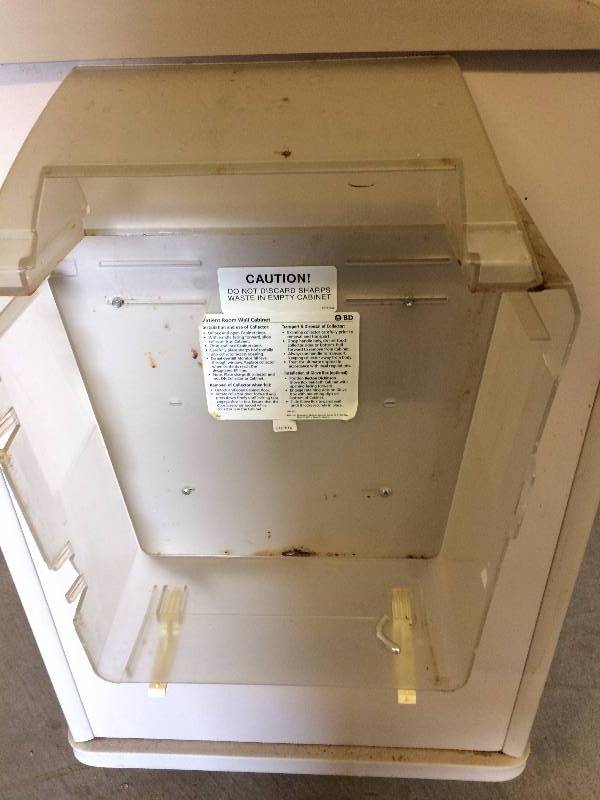
The tools needed to monitor and employ dose alerts, accumulators, and warning systems are available to reduce inadvertent overdose. ADCs appear to increase efficiency in the medication process and should therefore improve the quality of care.īest practices and guidance are provided for improved electronic detection and alerting of inadvertent supratherapeutic cumulative doses of acetaminophen and other medications with narrow therapeutic ranges in inpatient settings.ĭespite the use of medication safety technologies, overdosage and associated sentinel events continue to be serious problems in many inpatient settings. The nurses' perceptions of and levels of satisfaction with the ADC system were very good over the 6 months after complete implementation and integration at HH and NCCCR. The overall satisfaction rate (either "very satisfied" or "satisfied") for the two hospitals was 91 %. Eighty seven percent (n = 349) nurses agreed that they were able to administer medication more efficiently with the ADC system. Ninety-four percent (n = 378) of nurses agreed that the medication delivery system allowed them to do their job more safely, and 90 % (n = 363) nurses agreed that they now spent less time waiting for medication from the pharmacy than they did before the ADC system was introduced. No significant difference was found in perception scores between the two institutions (p = 0.06). The survey response rate was 80 % (n = 403). The self-administered survey was distributed to 503 nurses working at HH and NCCCR over three weeks using Survey Monkey®. The questionnaire consisted of four parts: nurses' sociodemographic and practice characteristics, 21 questions about their perceptions, one question about their overall satisfaction, and one about the system's ease of use. The purpose of this study was to assess nurses' perceptions of and satisfaction with the use of ADCs at HH and NCCCR.Ī cross-sectional study was conducted in the two institutions in May and November 2012 using a piloted, validated, online, and anonymous questionnaire. These medication distribution systems provide computer-controlled storage, dispensing, and tracking of drugs at the point of care in patient care units. The compatible replacement battery set for the Lionville Systems 600 Med Cart consist of (2) High Quality 6V 7.2Ah batteries.Automated dispensing cabinets (ADCs) were introduced in 20 at the Heart Hospital (HH) and National Center for Cancer Care and Research (NCCCR), both run by Hamad Medical Corporation in Qatar. Physical Dimensions: (Individual Battery - 2 batteries in set) Our warranty is inclusive of shipping costs and is hassle free, the only warranty of this kind in the marketplace. Extended warranty of up to 3 years is available for your convenience. The 600 Med Cart compatible replacement battery set is covered by our industry leading 1 year replacement warranty. The compatible replacement battery set for the Lionville Systems 600 Med Cart consists of high quality UPS Battery Center manufactured batteries that are designed to provide excellent performance, durability and long life.
#Lionville 600 med cart manual full#
Warranty: 1 year full replacement warranty included, additional warranty is available Includes: (2) 6V 7.2Ah batteries with F1 terminals Model Description: Lionville Systems 600 Med Cart Compatible Replacement Battery Set Specifications are subject to change without notice. UPS Battery Center is in no way implying that any of its products are original equipment manufacturer replacement batteries. Use of third party part or model numbers are solely for identification purposes only.

Use of such names/marks by UPS Battery Center does not imply any affiliation with or endorsement by their respective owners. All product and company names are trademarks or registered trademarks of their respective holders.


 0 kommentar(er)
0 kommentar(er)
